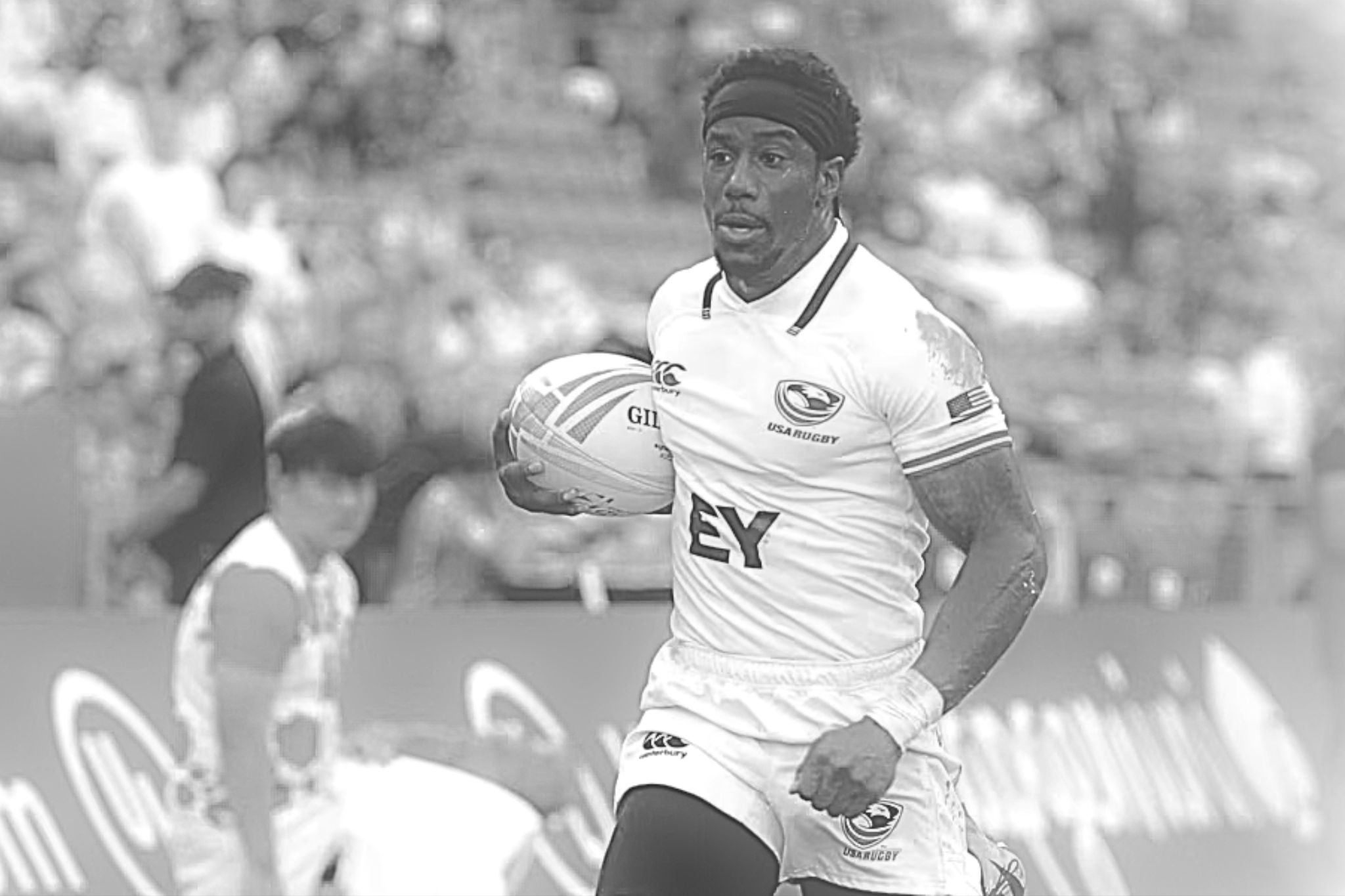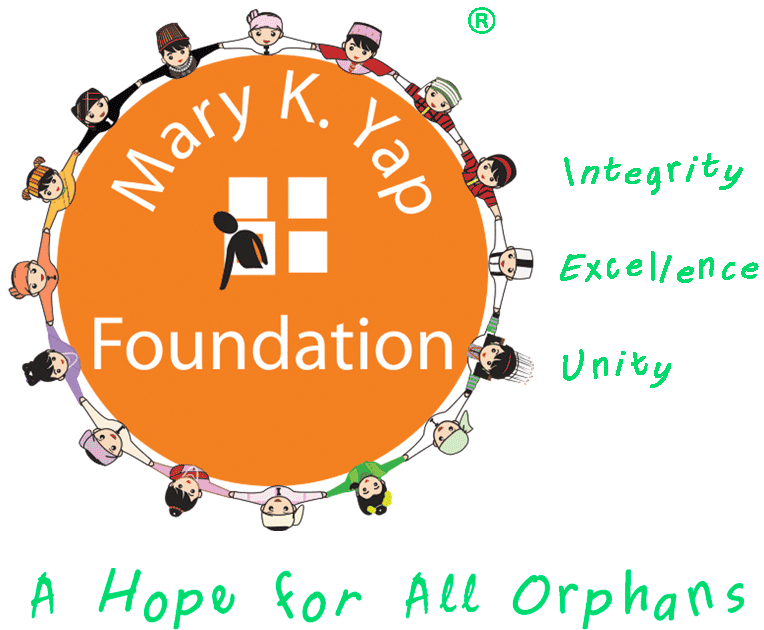
An Orphan Becomes a PM
Spotlight Story: From Orphanhood to National Leadership – Honoring John McEwen JJohn McEwen’s journey is one of remarkable resilience and perseverance, showcasing how a child
Making a Difference ●Building Dreams ● Creating Impact ● Saving Lives
No products in the cart.



Spotlight Story: From Orphanhood to National Leadership – Honoring John McEwen JJohn McEwen’s journey is one of remarkable resilience and perseverance, showcasing how a child

There are many stories of successful orphans who became heroes in the sports and entertainment industry. They made their history by remaining motivated and determined
